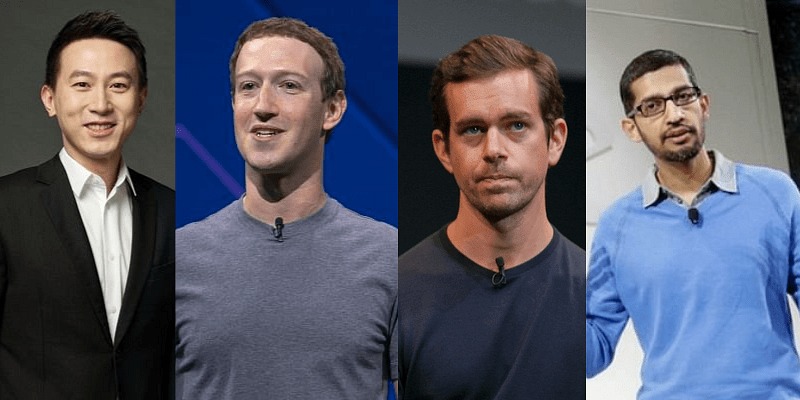During the United Nations (UN) Generation Equality Forum that held in July at Paris, the former head of states and global leaders of the UN Women signed an open letter regarding the gender equality.
This is to tackle the concern of the increased online abuse women worldwide have experienced. Till now, several global bodies have been actively involved in providing solutions to protect millions of people especially venerable groups including women.
Last year, Plan International sent an open letter to social media platforms demanding action after it’s survey found that harassment across the most popular platforms is driving girls and young women offline.
Four of the world’s largest tech companies-Facebook, Google, TikTok, and Twitter have made a public commitment to make their platforms safer for women. These four companies have pledged to tackle the abuse on women by providing a safe space for them and promoting gender equality.
These commitments will lead to the introduction of new systems or the upgrade of existing ones to enable women control who replies to them online, comments and engages in their posts. Settings will be put in place for users to secure their safety and offer the ability to track and manage their reports once they’ve been made.
Facebook for example, has announced its updates on what it is doing concerning women’s safety. The social media company has also announced the launch of Women’s Safety Hub, an online space for sharing information.
According to an online publication, an official statement made by Antigone Davis, Global Head of Safety at Facebook, says, “To keep women safe from abuse, exploitation, and harassment online and offline, we regularly update our policies, tools and technology in consultation with experts around the world- including over 200 women’s safety organizations.”
“We look forward to working with other leaders and companies in the technology space to make the internet a safer place for all women across the globe”.
This announcement hopes to ensure that solutions built are expected to effectively consider how women in various parts of the world interact online.

































